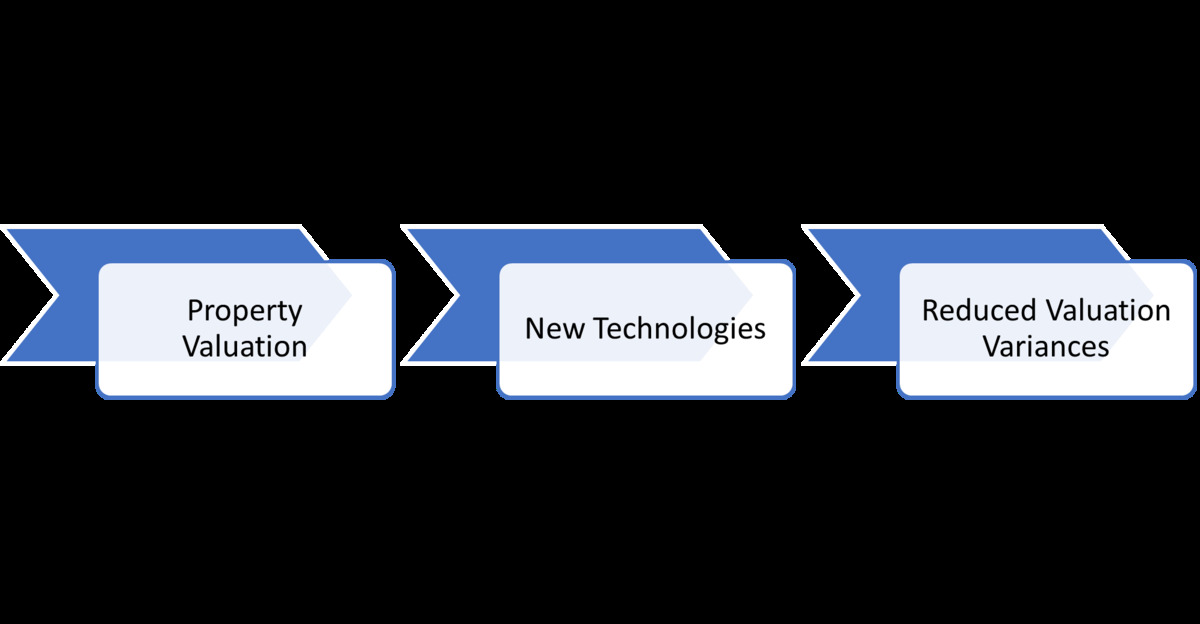Current issue
Online first
Archive
About the Journal
Aims and scope
Editorial Board
International Editorial Board
List of Reviewers
Abstracting and indexing
Ethical standards and procedures
REMV in Social Media
Contact
Instructions for Authors
Instructions for Authors
Manuscript formatting template
Title page
Highlights
Payments
‘Ghostwriting’ and ‘Guestauthorship’
Guidelines for Referees
Property valuation, new technologies and digitalization challenges in Botswana
1
Ba Isago University, Botswana
2
The Copperbelt Uinversity, Zambia
These authors had equal contribution to this work
Submission date: 2025-05-20
Final revision date: 2025-08-20
Acceptance date: 2025-10-28
Publication date: 2025-12-11
REMV; 2025;33(4):70-85
HIGHLIGHTS
- paper investigates the adoption of new technologies in valuation practice in Botswana
- despite availability of digitalization tools, application is still a challenge
- paper then makes proposes to overcome these challenges
KEYWORDS
TOPICS
ABSTRACT
In a 4IR world, with big data and machine learning technologies, wide differences in assessed values amongst valuers cannot be defended anymore; and yet a number of studies reveal slow adoption of these technologies amongst valuers in developing countries. Using Botswana as an example, this paper aims to show that this is not due to the lack of awareness amongst valuers on the potential of new technologies in reducing these variances but rather to a number of other doorstep challenges faced by practitioners. These have to be resolved first. The study adopted a mixed methods approach in which quantitative data was collected through the administration of 182 questionnaires amongst registered valuers and qualitative data through in-depth interviews with five Real Estate Advisory Council (REAC) members. The study found that, despite the availability of new technologies, a number of factors were hindering its application to real estate valuation, such as: paucity of property data, an insufficient legal framework, and a low level of competence and experience amongst valuers. The study thus points to areas for policy reforms and strengthening valuers’ training and continuing professional development in Botswana.
Share
RELATED ARTICLE
We process personal data collected when visiting the website. The function of obtaining information about users and their behavior is carried out by voluntarily entered information in forms and saving cookies in end devices. Data, including cookies, are used to provide services, improve the user experience and to analyze the traffic in accordance with the Privacy policy. Data are also collected and processed by Google Analytics tool (more).
You can change cookies settings in your browser. Restricted use of cookies in the browser configuration may affect some functionalities of the website.
You can change cookies settings in your browser. Restricted use of cookies in the browser configuration may affect some functionalities of the website.




